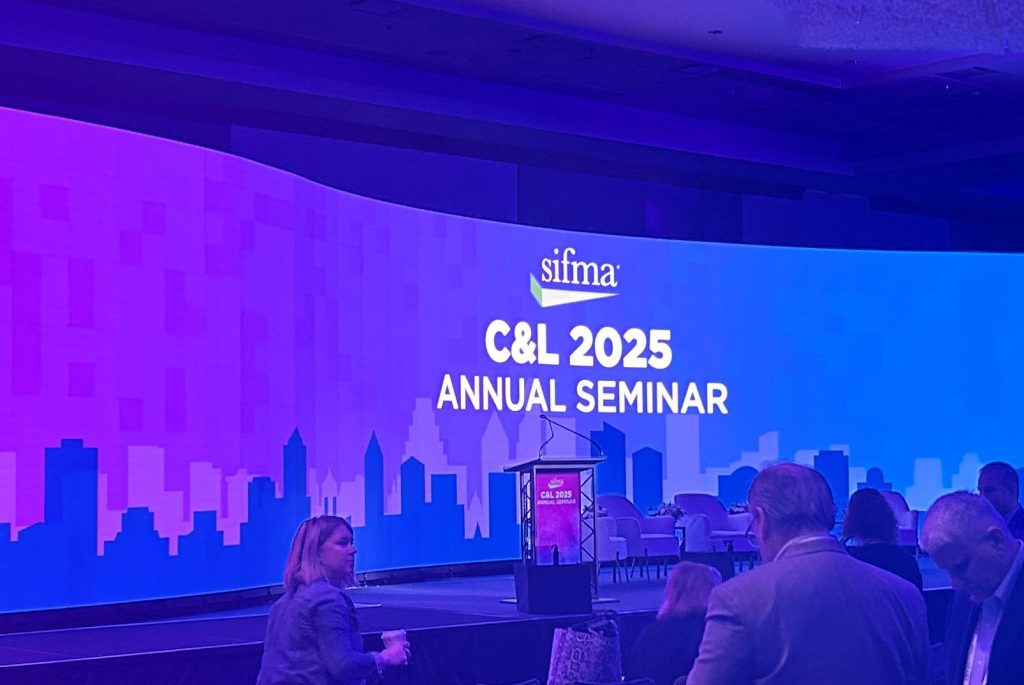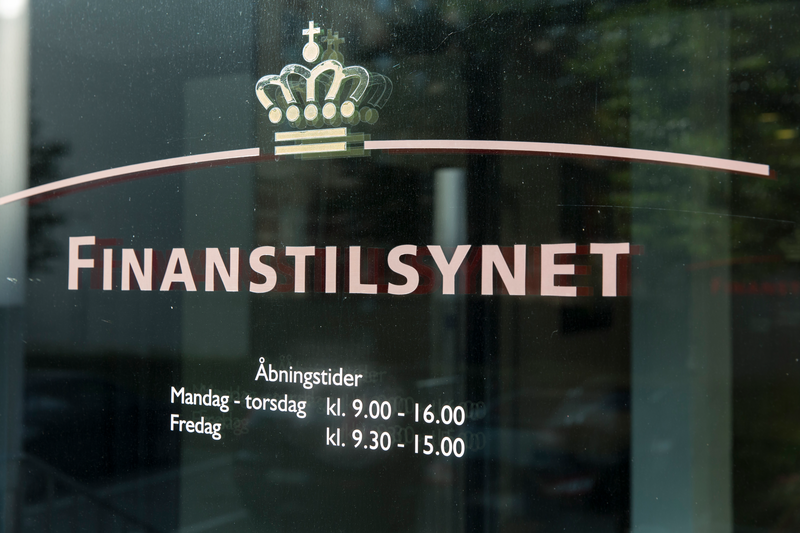The Financial Industry Regulatory Authority (FINRA) said TD Private Client Wealth failed to set up a system to review correspondence and internal communications for compliance purposes for almost a decade.
The settlement was signed on Monday and alleges that the broker-dealer for retail and institutional customers failed to review about 3.5m emails related to 691 employee email accounts between 2013 and 2022.
TD Private Client Wealth, which neither denied nor admitted to FINRA’s findings, agreed to pay a fine of about $600,000 as part of the settlement.
Email review problems
From February 2013 through July 2022, FINRA says the firm often failed to place the email accounts for its new employees into the electronic queue it established for email review.
Approximately 43% of employees were not placed into the review queue within five days of the date that they became associated with the firm. At least 34 employees were not added for more than one year, and at least two employees were not added for more than five years, the self-regulatory agency said.
The firm’s written procedures failed to set forth the necessary steps to add accounts to the review queue, identify the departments or personnel responsible for those steps, or identify any requirements for when the steps should be taken, the order notes.
Due to the lack of reasonable written procedures, there were miscommunications between multiple departments about whether the email accounts had been placed into the queue, and misunderstandings about which department was responsible for carrying out particular steps required to place an account into the queue.
As a result, FINRA says the firm failed to review those 3.5m (or so) emails during the relevant period.
No verification process
According to FINRA, the firm also failed to maintain a reasonable system to verify that new employees’ email accounts were being placed into the firm’s electronic queue for review. The firm relied on an ad hoc and occasional practice of manually comparing a list of new hires with the names of the employees whose email accounts had been placed into the electronic queue.
Complicating the matter, between February 2013 and July 2022, approximately 860 employees became associated with the firm.
Each member must have written procedures in place for the examination of electronic communications related to securities or investment banking, and correspondence reviews must be documented and records kept.
In addition, the firm allegedly failed to reasonably investigate and address red flags that employee email accounts were missing from the review queue.
For example, during November 2018 and August 2019, the firm’s compliance personnel detected that certain email accounts were not being reviewed and asked the firm’s information technology personnel to ensure that the accounts were included in the queue.
Yet due to miscommunications among personnel and a misunderstanding of the steps required for review, the emails were not promptly added to the review queue, in some instances until February 2022. Additionally, no one at the firm verified whether the emails had been added.
Why the fuss?
FINRA requires that all securities-related correspondence between registered representatives and the public receive supervisory review, pursuant to its Rule 3010:
“Each member shall develop written procedures that are appropriate to its business, size, structure, and customers for the review of incoming and outgoing written (i.e., non-electronic) and electronic correspondence with the public relating to its investment banking or securities business, including procedures to review incoming, written correspondence directed to registered representatives and related to the member’s investment banking or securities business to properly identify and handle customer complaints and to ensure that customer funds and securities are handled in accordance with firm procedures.”
As per FINRA rules, each member must have written procedures in place for the examination of electronic communications related to securities or investment banking, and correspondence reviews must be documented and records kept.
The settlement is a cautionary tale for FINRA members who may not be in full compliance with regard to their electronic correspondence review requirements. Although the regulatory technology and headcount needed to perform this important task is a high cost, fines and reputation damage are not less costly.
TD Bank responds
A spokeswoman for TD said in an email supplied by the WSJ (which reported the FINRA censure in its morning Risk Report email): “based on our rigorous internal review, TD Private Client Wealth is enhancing its policies and procedures to ensure more timely and appropriate email review. We continually work to strengthen our internal controls to meet our regulatory obligations”.













